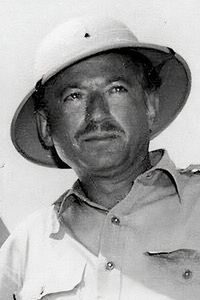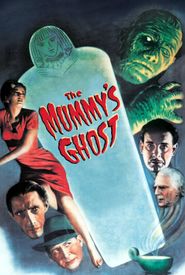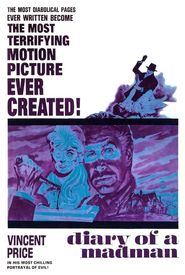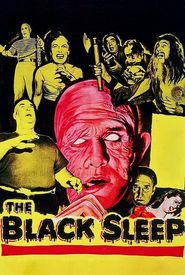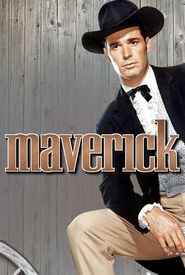Reginald LeBorg, the eldest of three sons, pursued a degree in political economy at the University of Austria, simultaneously honing his skills in musical composition for a year at Arnold Schoenberg's prestigious Composition Seminar.
Upon completing his education, LeBorg joined his father's banking business, serving as his representative and traveling to Prague, Hamburg, and Paris to negotiate family business transactions. During his two-year stint in Paris, he furthered his education by studying at the Sorbonne.
In the mid-1920s, LeBorg traveled to New York to liquidate a collection of paintings on behalf of his father. Remaining in the city, he found employment with several banks, brokerage houses, and an advertising agency. However, the stock market crash of 1929 devastated the LeBorg family's fortune, causing LeBorg's interest in the financial world to wane.
He returned to Europe, rekindling his passion for the stage. LeBorg worked at the renowned Max Reinhardt School in Vienna, devoting much of his time to directing operas and musical comedies for provincial houses throughout Central Europe.
LeBorg's Hollywood career began in the early 1930s, initially appearing as an extra in films at Paramount and Metro. He later staged opera sequences in notable films such as One Night of Love (1934) and Love Me Forever (1935),as well as other movies with operatic themes at Fox, Paramount, and United Artists.
Following a series of second-unit assignments at MGM, Goldwyn, and Selznick, LeBorg joined Universal, where he produced a string of band shorts. His Hollywood career was interrupted by an 18-month stint in the U.S. Army, which ended in 1943. Upon his return, LeBorg resumed his work at Universal, eventually being promoted to feature film director. He later transitioned to television.
